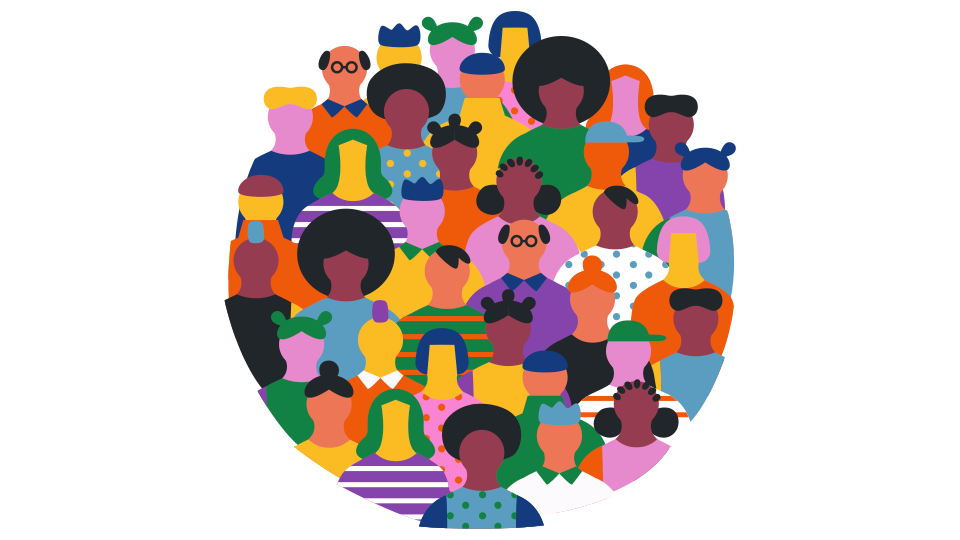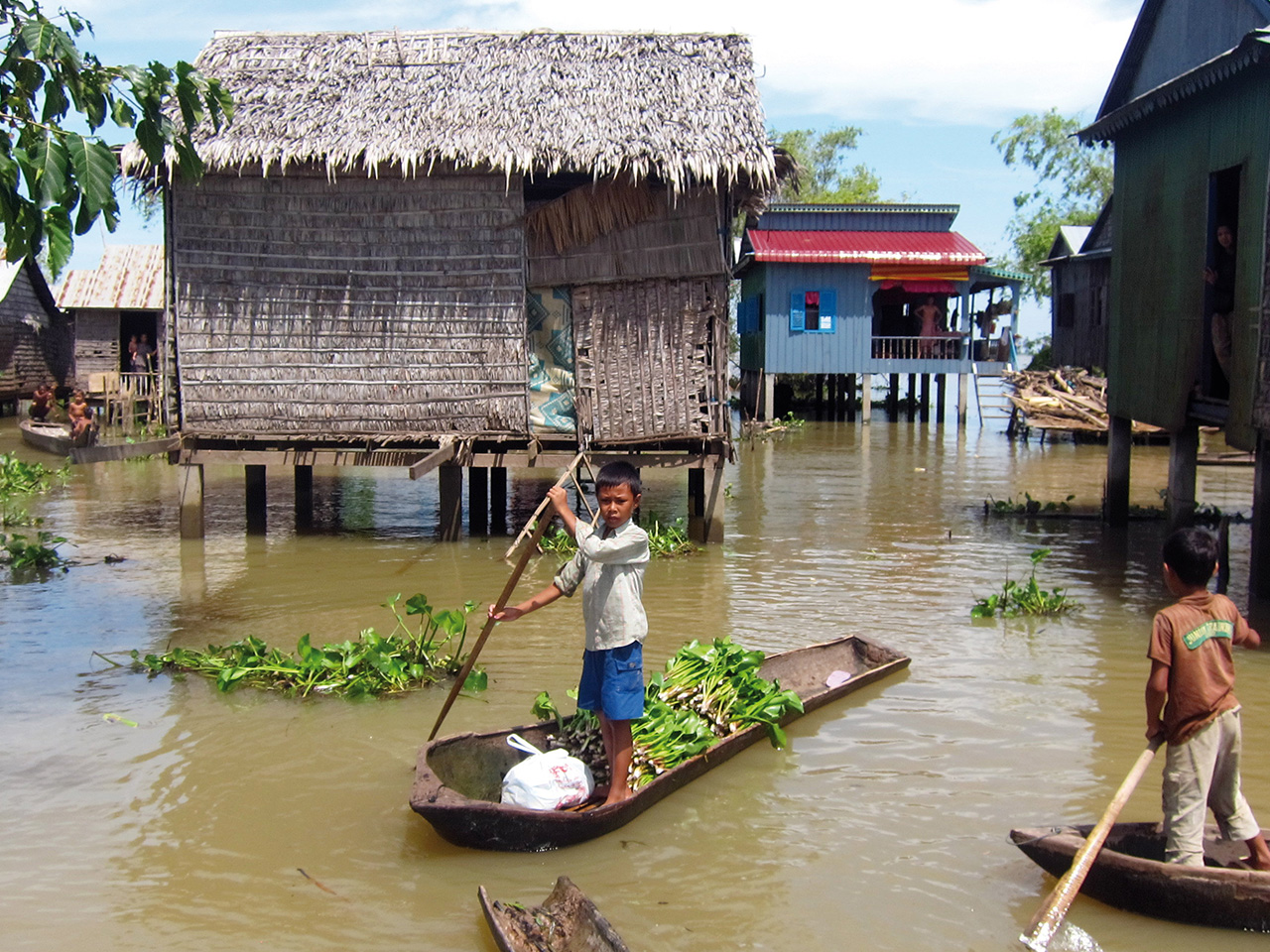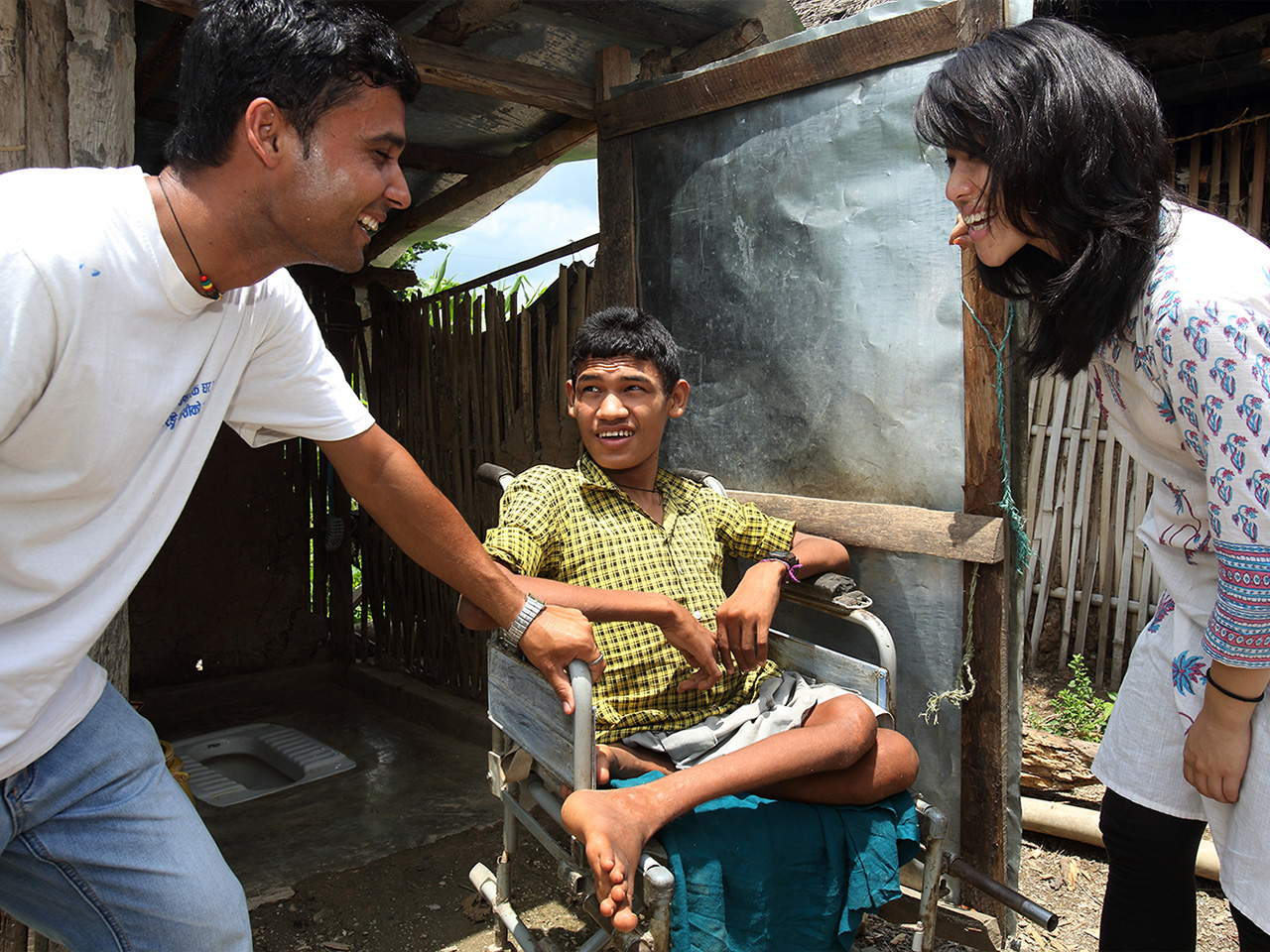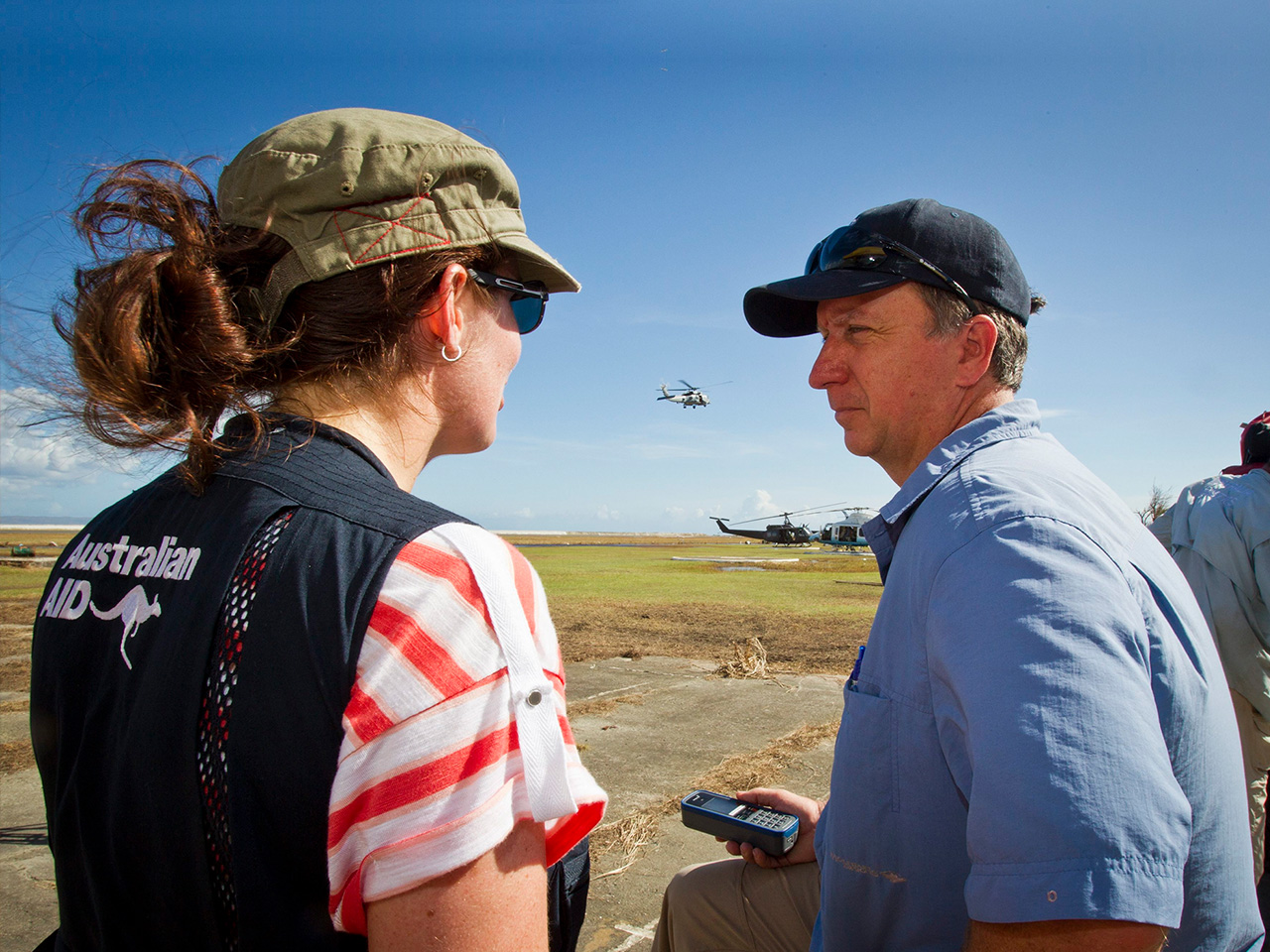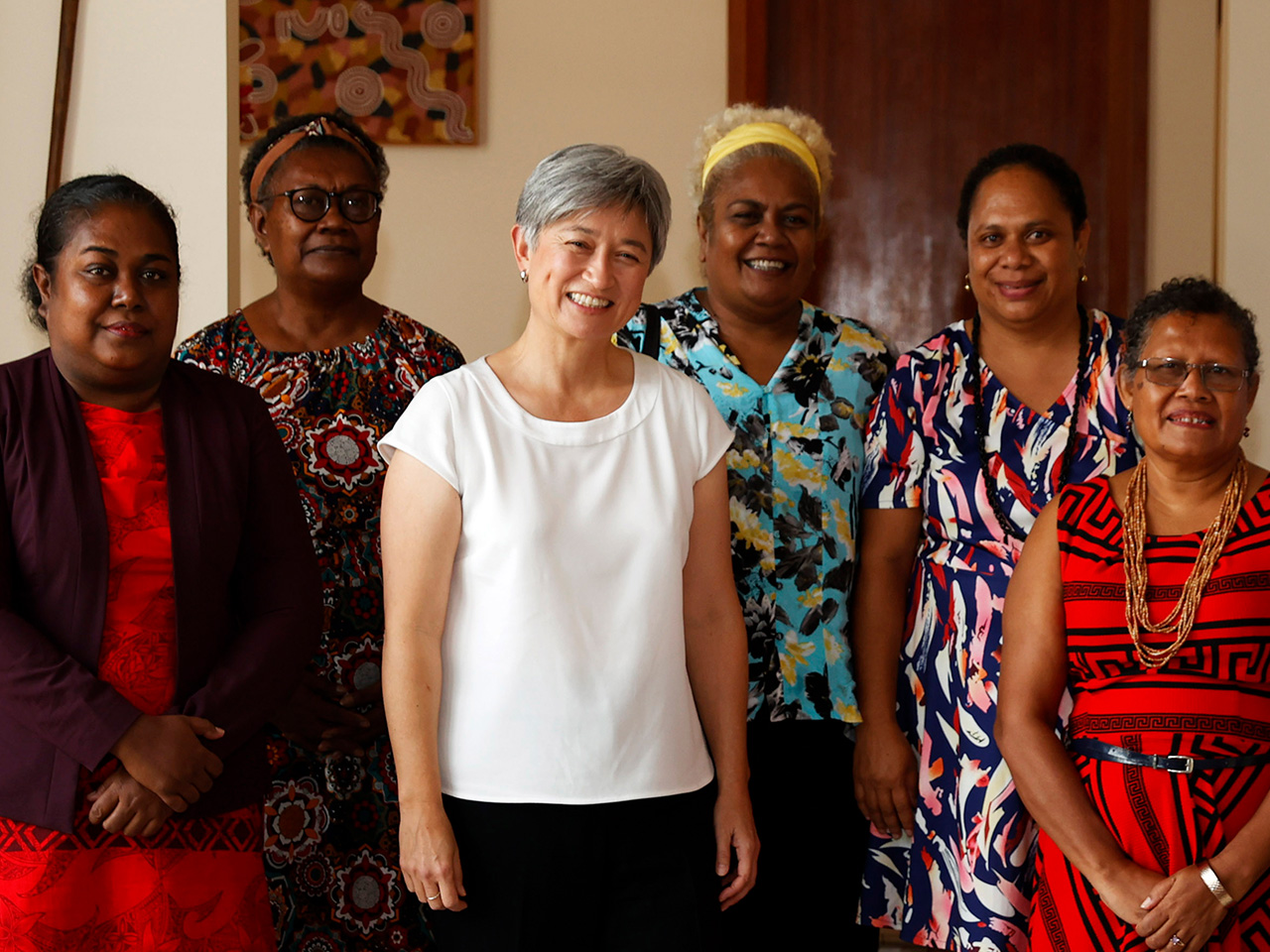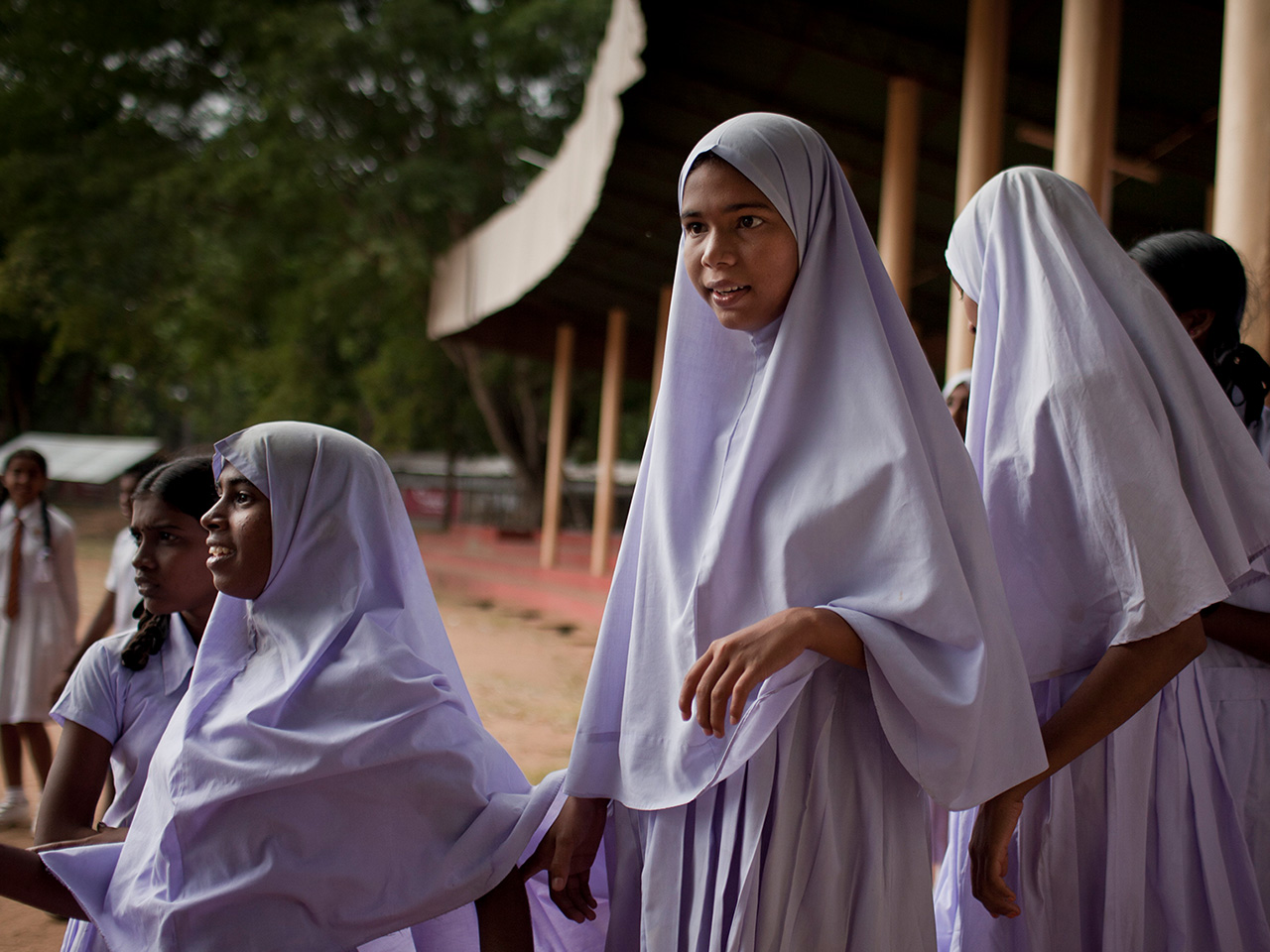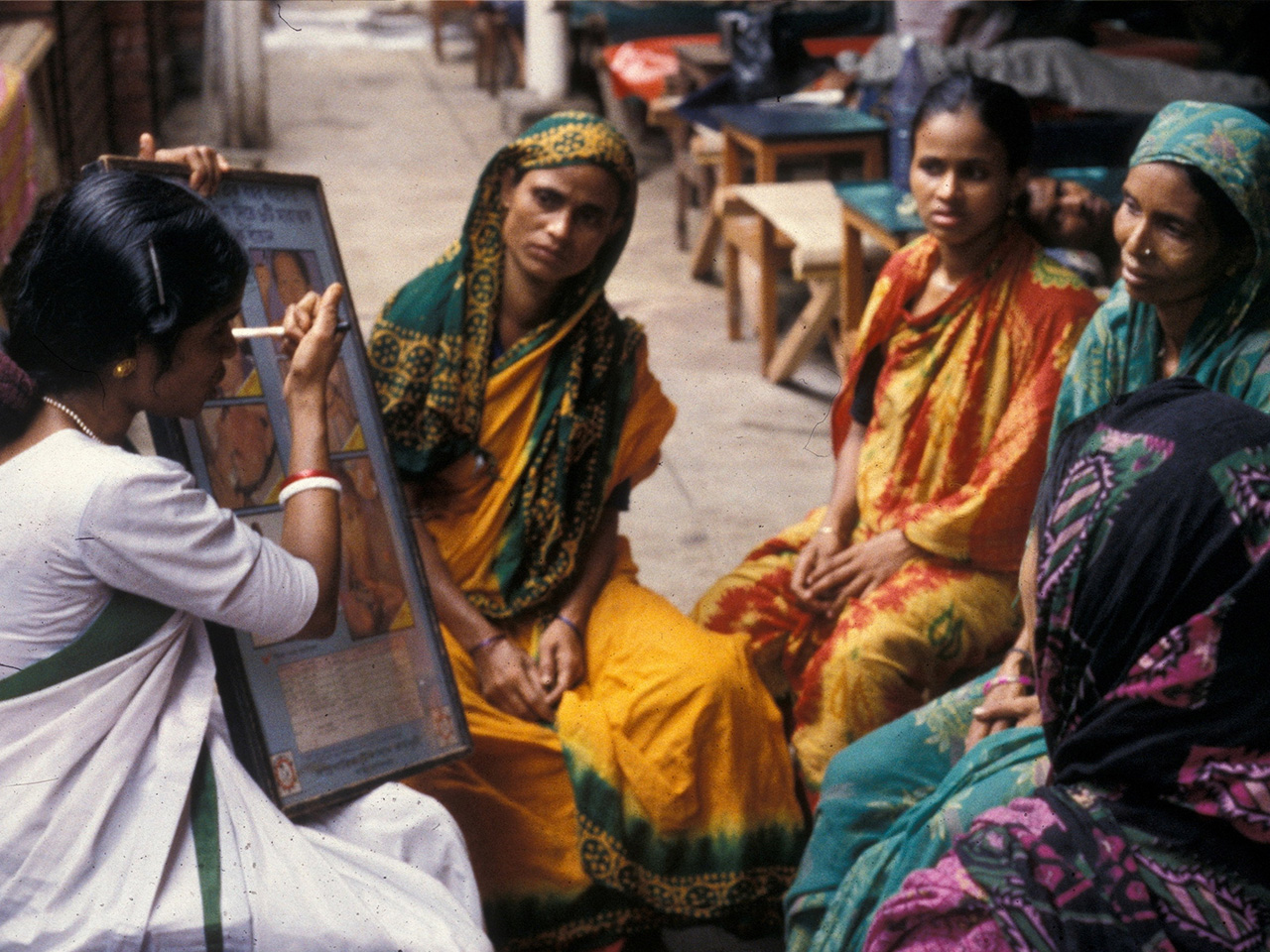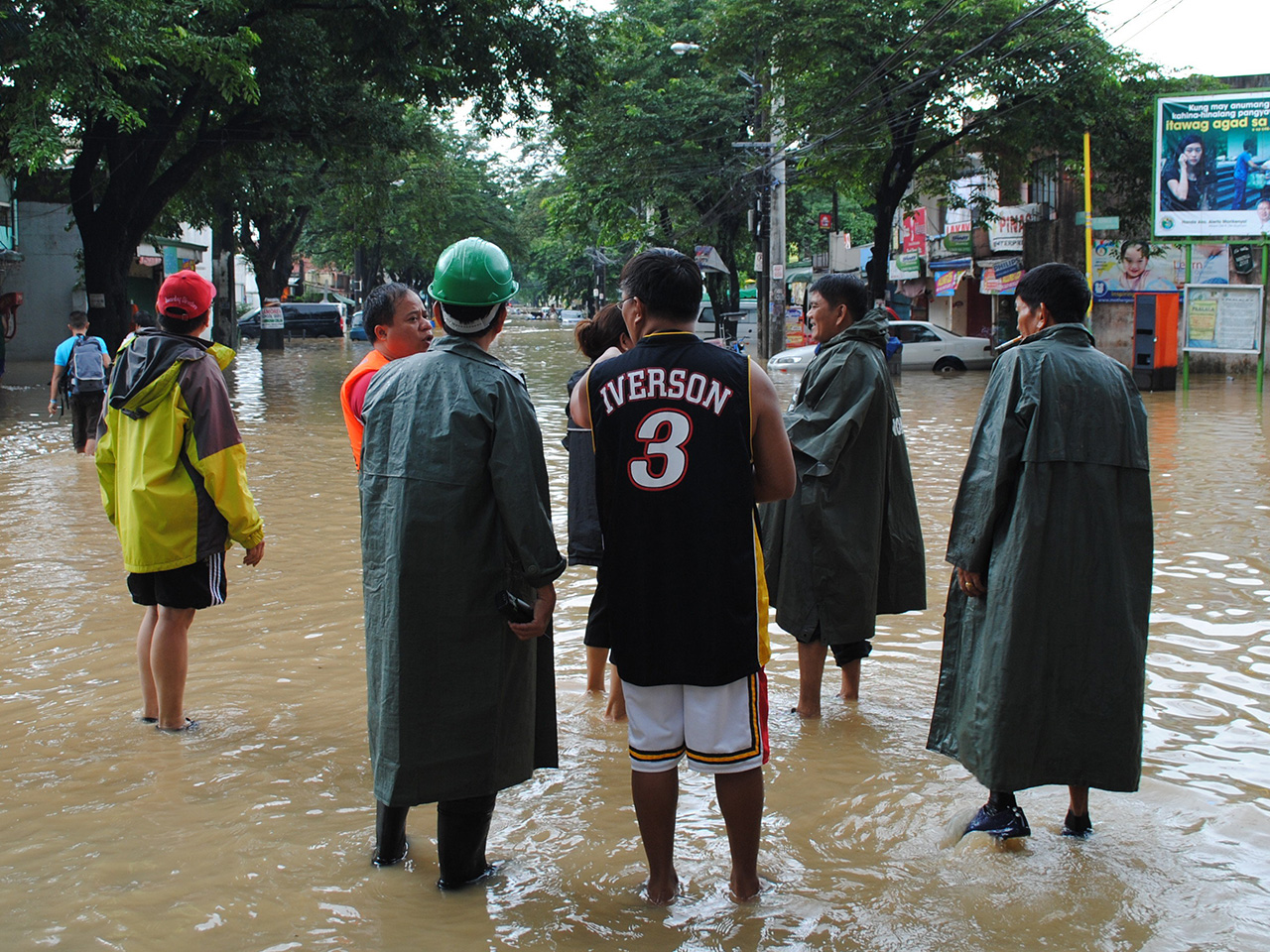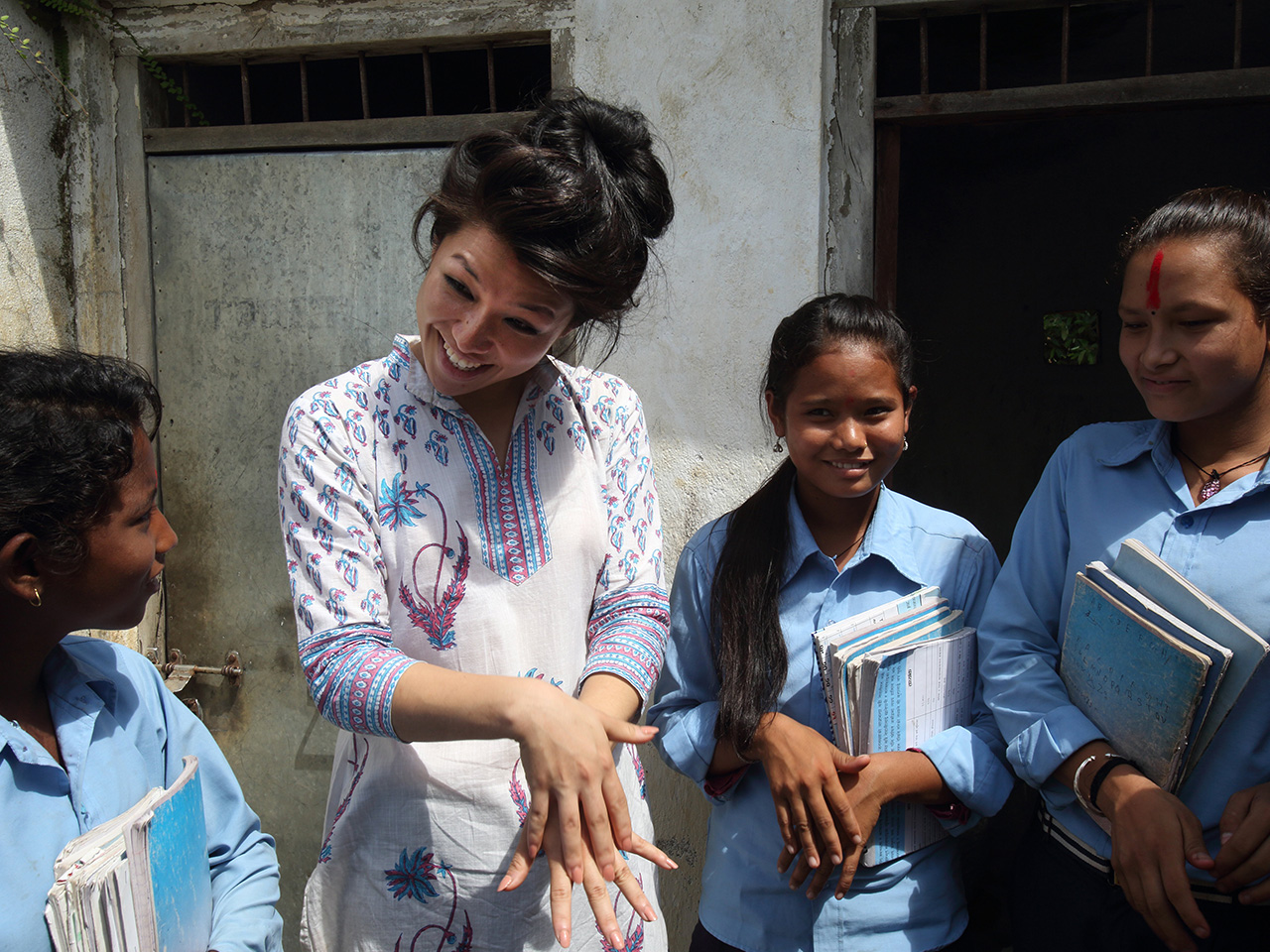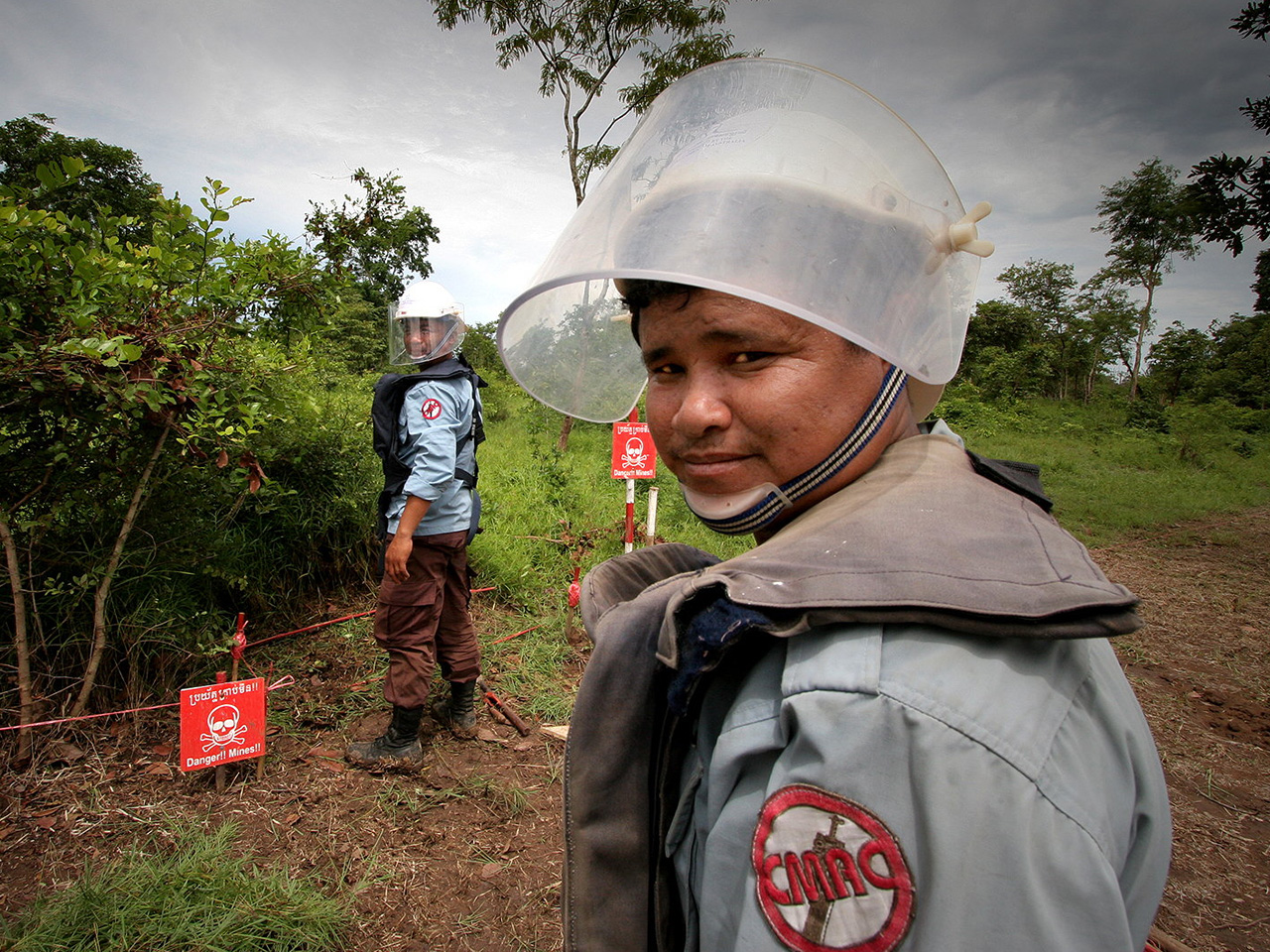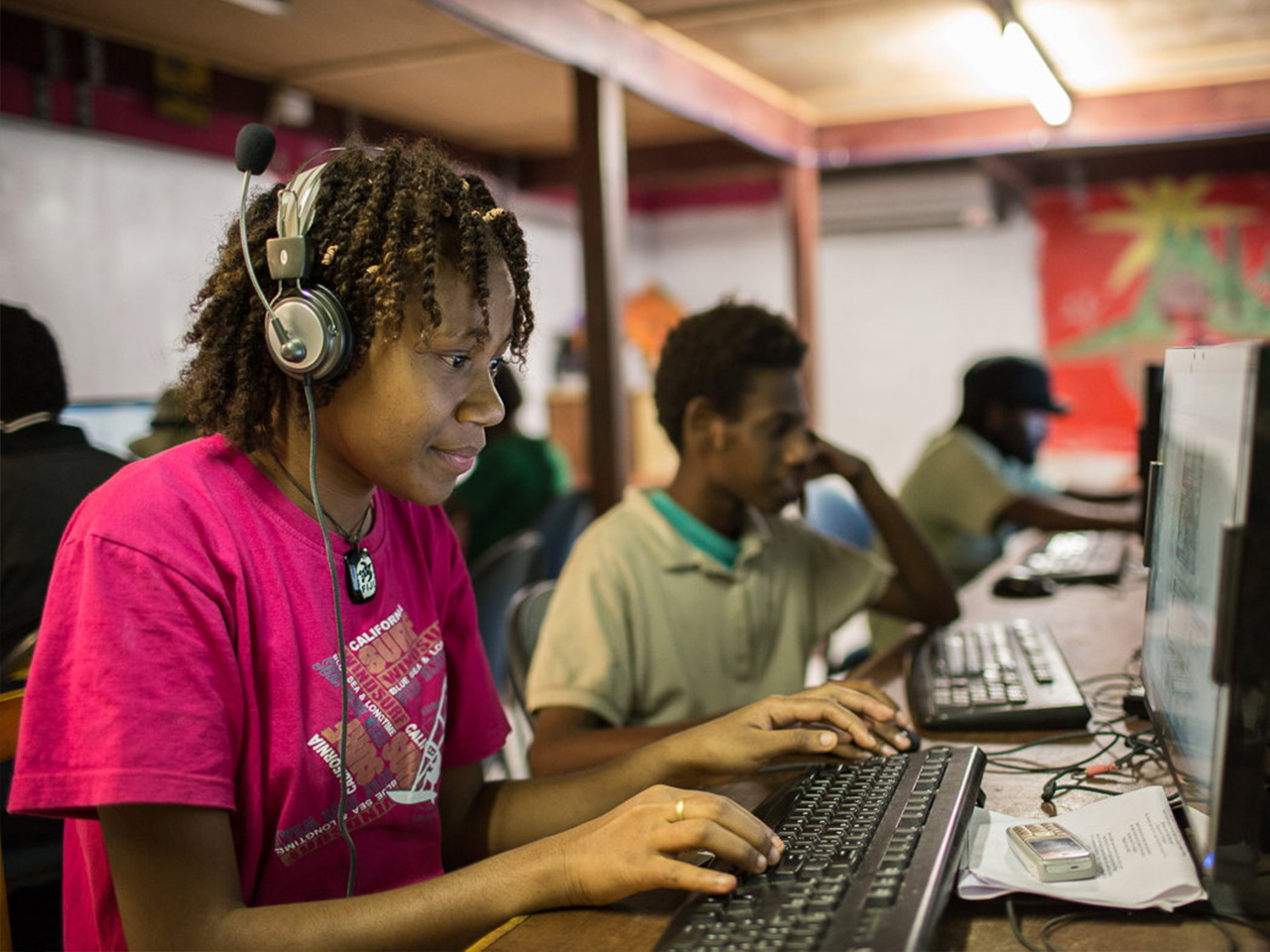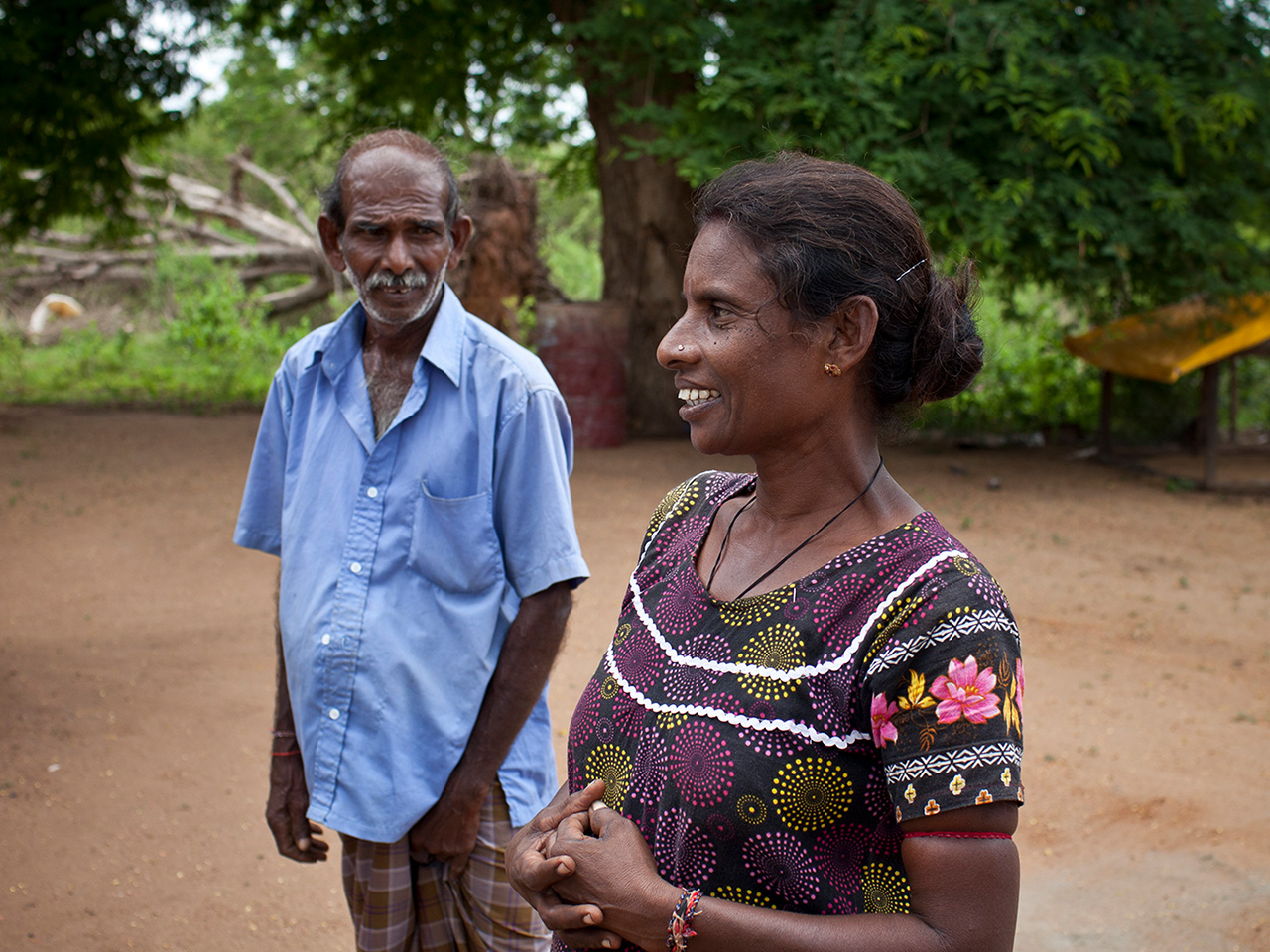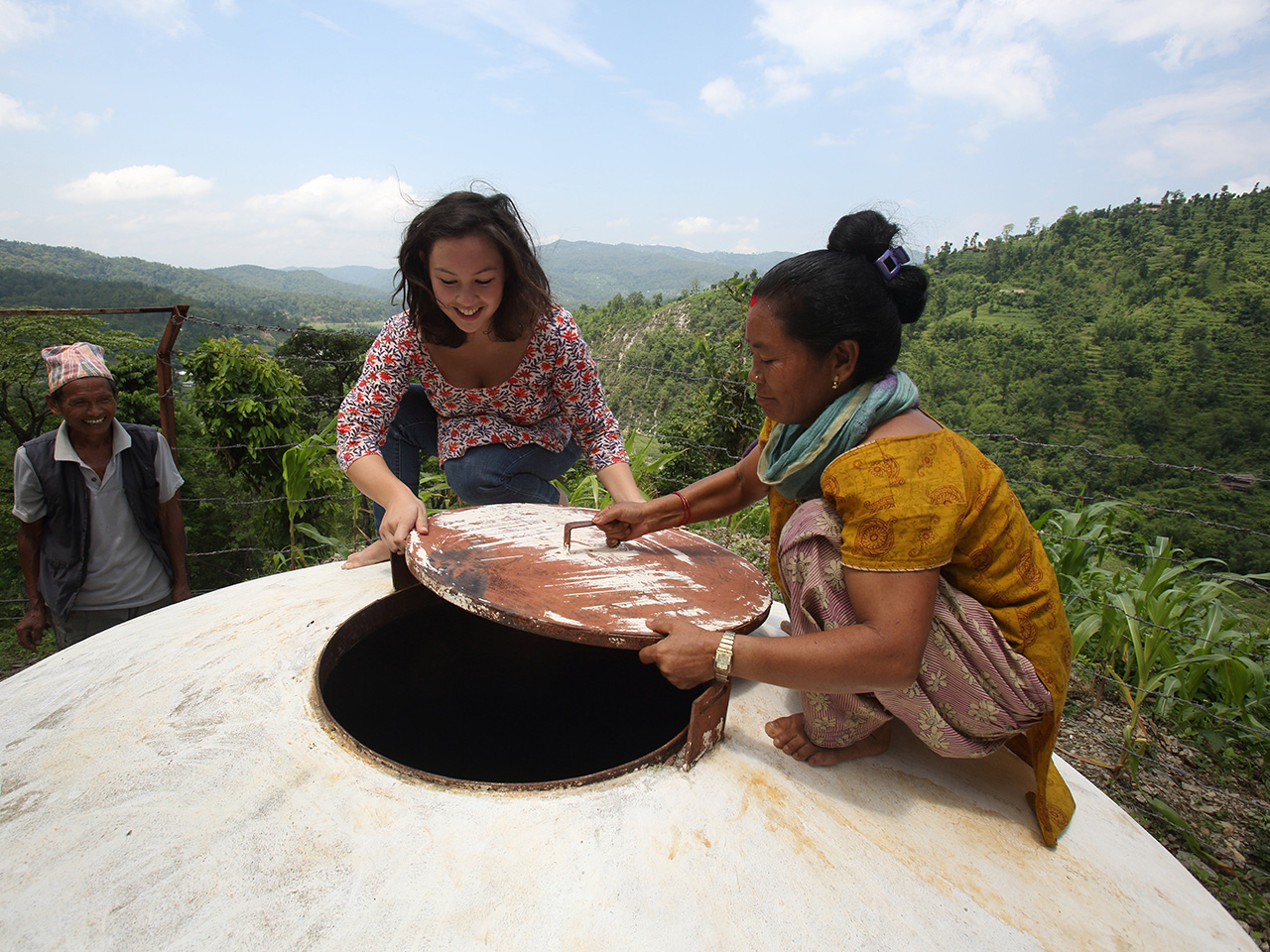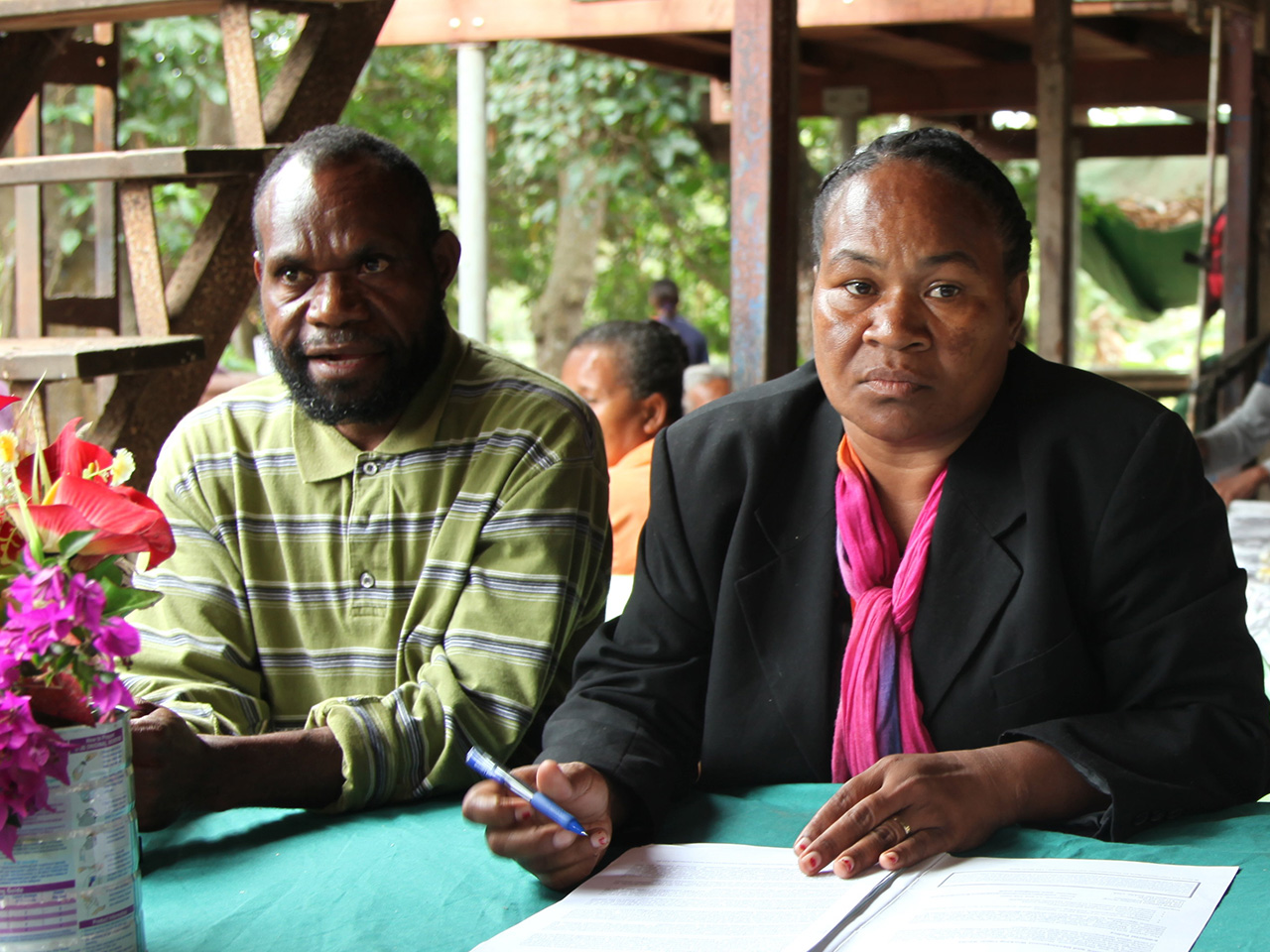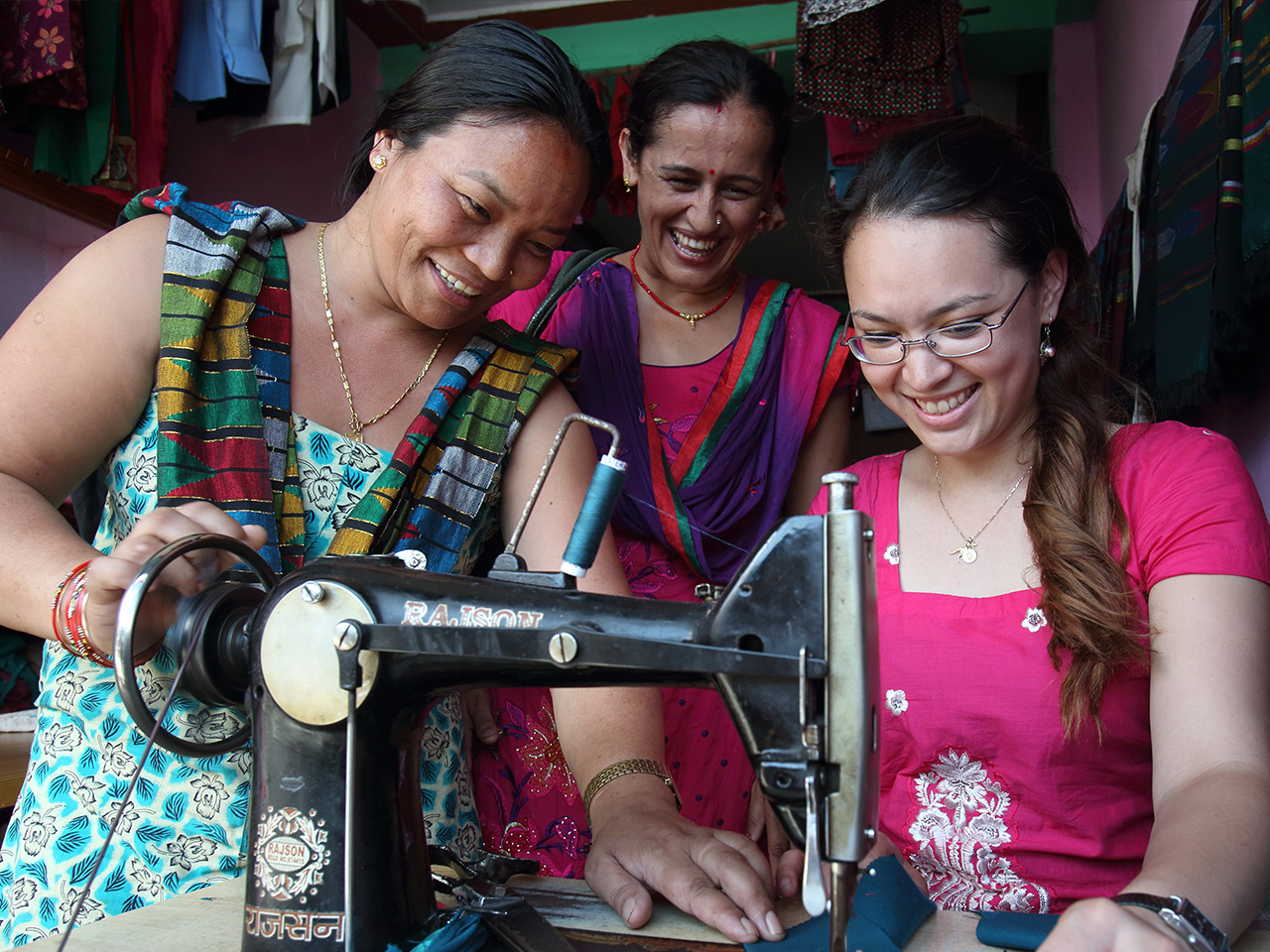The Support Unit for Gender Equality (SURGE)
closed on 31 December 2025.
This website will no longer be monitored or updated. For DFAT officers seeking gender technical assistance please contact the Gender Equality Branch (GEB) at GEDSI.GEB@dfat.gov.au
The SURGE Knowledge Hub is a curated library of gender equality resources to support users to improve their approach to gender equality in international development programming. Whether you are looking for DFAT guidance, how to apply an intersectional approach or need help integrating gender into your design, the SURGE Knowledge Hub is your one-stop-shop.
The Knowledge Hub is arranged by technical sectors and includes guidance and tools on assessment, design, evaluation, MEL and much more.
Result
Showing 35 of 35Gender Equality, Disability & Social Inclusion (GEDSI) Analysis Good Practice Note
This Good Practice Note will support DFAT investment managers and development partners to deliver high quality, evidence based GEDSI analysis.
Performance and Delivery Framework 2023
This framework is central to the objective of Australia’s development program: to advance a peaceful, stable and prosperous Indo-Pacific region.
Development Finance Review 2023
The Review, undertaken at the Government’s request, consulted widely, including with partner governments, multilateral development banks (MDBs), bilateral donors, non governmental organisations (NG
DFAT International Development Policy 2023
This policy presents a long-term vision for how our development program will meet the critical needs of our partners, while also supporting Australia’s national interests and the interests we share
DFAT Partnerships for a Healthy Region - GEDSI and First Nations engagement Guidance Note
This guidance note outlines programming guidance to support integrating GEDSI and First Nations engagement into proposals and workplans under Partnership for a Healthy Region.
National Action Plan on Women, Peace and Security 2021-2031
The Plan charts the ten year approach to the achievement of four key outcomes: Outcome 1: Support women and girls’ meaningful participation and needs in conflict prevention and peace processes; Out
Disability Inclusive Development Guidance Note
This good practice note outlines DFAT’s approach to disability-inclusive development and identifies main entry points for disability inclusion within the development program management cycle.
Gender Equality in Investment Design Good Practice Note
DFAT requires new aid investments valued at $3 million and over to include a gender equality outcome, regardless of sector.
Gender Equality Investment-Level Strategy Development Good Practice Note
This note outlines the key features of a good practice Gender Strategy.
Design, Monitoring and Evaluation Guidelines
DFAT’s Design and Monitoring, Evaluation & Learning Standards (the Standards) are designed to support the whole program cycle in DFAT - from concept through to design and implementation includi
Gender Equality in Monitoring and Evaluation and Reporting Good Practice Note
This Good Practice Note helps DFAT staff integrate gender equality into monitoring and evaluation and ensures adequate attention to gender equality in reporting.
